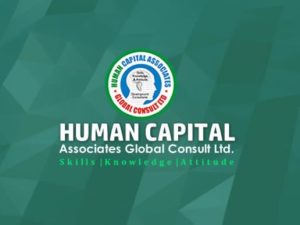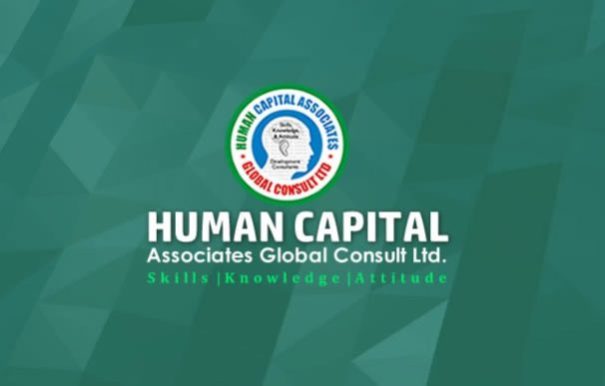Workshop on Developing Effective Audit Work Program
April 22 – 26, 2024, 1st Run: Lagos & Port Harcourt
October 21 – 25, 2024, 2nd Run Lagos & Abuja
For Tutor -Led Class: 9am – 4:30pm
Workshop fee: N250, 000 per Participant
For online: Delivery via Zoom
Online course fee: N200, 000 per Participant
Available for In-plant Training
Program overview:
Audit work programs are comprehensive plans that professional auditors create to evaluate how a company performs and whether they’re doing so in a manner that’s ethical and efficient. Developing an audit work program can be a daunting process, especially when the audit area is one with which the auditor is unfamiliar, and/or has not been audited previously. This course will take the mystery and pain out of the process by introducing a methodology called “Closing the Loop Framework”. It provides a foundation for how to develop audit steps based on audit scope and the evidence required to achieve audit objectives.
Less experienced auditors will learn how to build the audit program, and experienced auditors will have an opportunity to refresh their skill-set and consider the Closing the Loop Framework as a tool for improving audit quality. Participants will have the opportunity to build the components of an audit program in a workshop.
For Whom:
This program is designed for those that need to audit any department, process or procedure, financial records, assets, etc. Those that will most directly benefit will be internal auditors responsible for the function, external auditors that co-source the audit function, audit managers, audit committee members, board of directors’ members, and anyone who is accountable or responsible for this function.
Learning Objectives:
At the end of the program, participants will be able to:
- gain an understanding of the role of the audit work program;
- list the steps to take to complete an audit;
- explain the Standards-based Requirements for audit work programs;
- ensure the audit runs in a well-defined manner;
- establishes the scope of the audit;
- identify any problem or challenges the auditor may encounter;
- strengthen their skills in developing audit steps and audit work programs;
- use checklists and internal control questionnaires in auditing;
- ensure both the company and the auditor remain informed and updated on the audit; and
- use documents, records and other evidence for the
Course Outline
Day 1: The importance of an effective audit program.
- Setting the Stage: The Role of Audit
- Defining audit evidence
- Impact of audit evidence on audit risk
- Requirements from auditing standards
- Audit charter
- Compliance
- Audit work plan audit checklist
Day 2: Audit Development Cycle
- Closing the Loop Process
Planning—Understanding the Business
- Identifying and understanding business objectives
- Document review
- Understanding the business processes
- Documenting business processes
Day 3: Planning—Scope
- SIPOC (suppliers, inputs, process, outputs, customers)
- Defining scope—what’s in and what’s out
- Setting expectations with Management
- Scope statements
Interviews
- Information gathering and fact finding
- Establishing rapport
- Whom to interview
- Interviewing approaches and styles
- Questioning styles and approaches
- Conducting the interview
- Interviewing rules and best practices
- Communication barriers
Day 4: Engagement Risk Assessments
- Understanding risk
- Types of risks—operational/financial/reputational/regulatory
- Identifying risk
- Evaluating risk
- Prioritizing risk
- Likelihood/significance/duration/velocity
Identification of Controls
- Types of controls
- Control objectives
- Entity-level controls
- Activity-level controls
- Evaluating controls: design operating effectiveness
- Day 5: Documenting Processes and Controls
- Narratives
- Flowcharts and process flows
- Walkthroughs
Developing Audit Objectives and Refining Scope
- Importance of linking Audit Objectives to Operational and Control Objectives
- Developing steps that add value
- Linking to business objectives
- Additional Information
Training Methodology: Lectures, discussions, exercises, case studies, audio-visual aids will be used to reinforce these teaching/learning methods.




